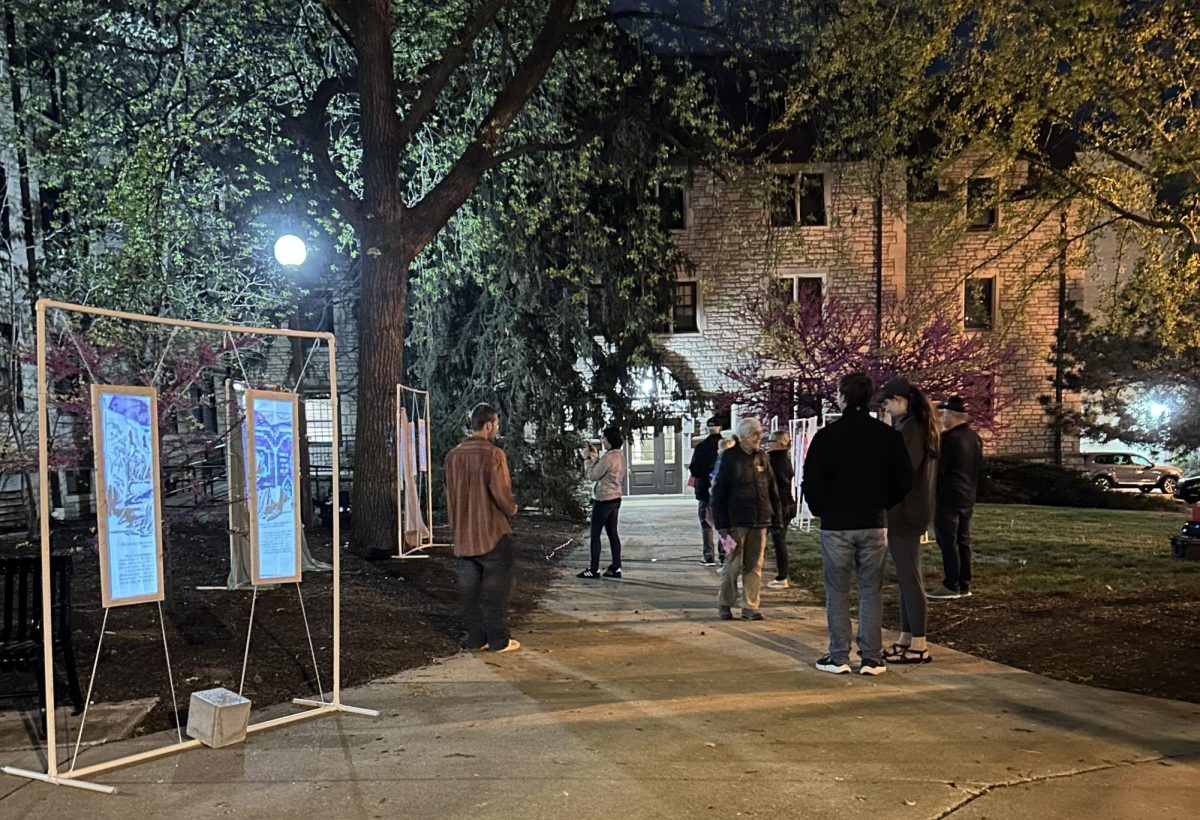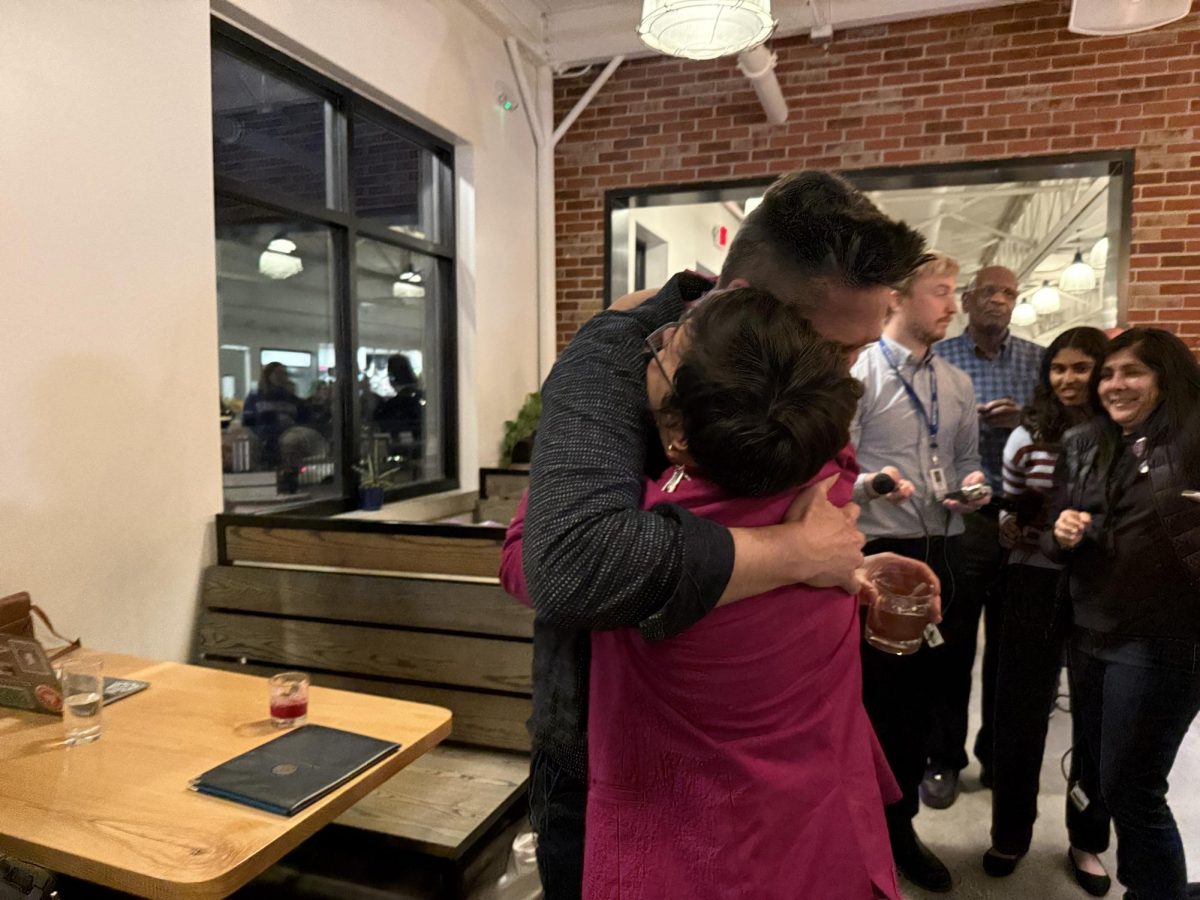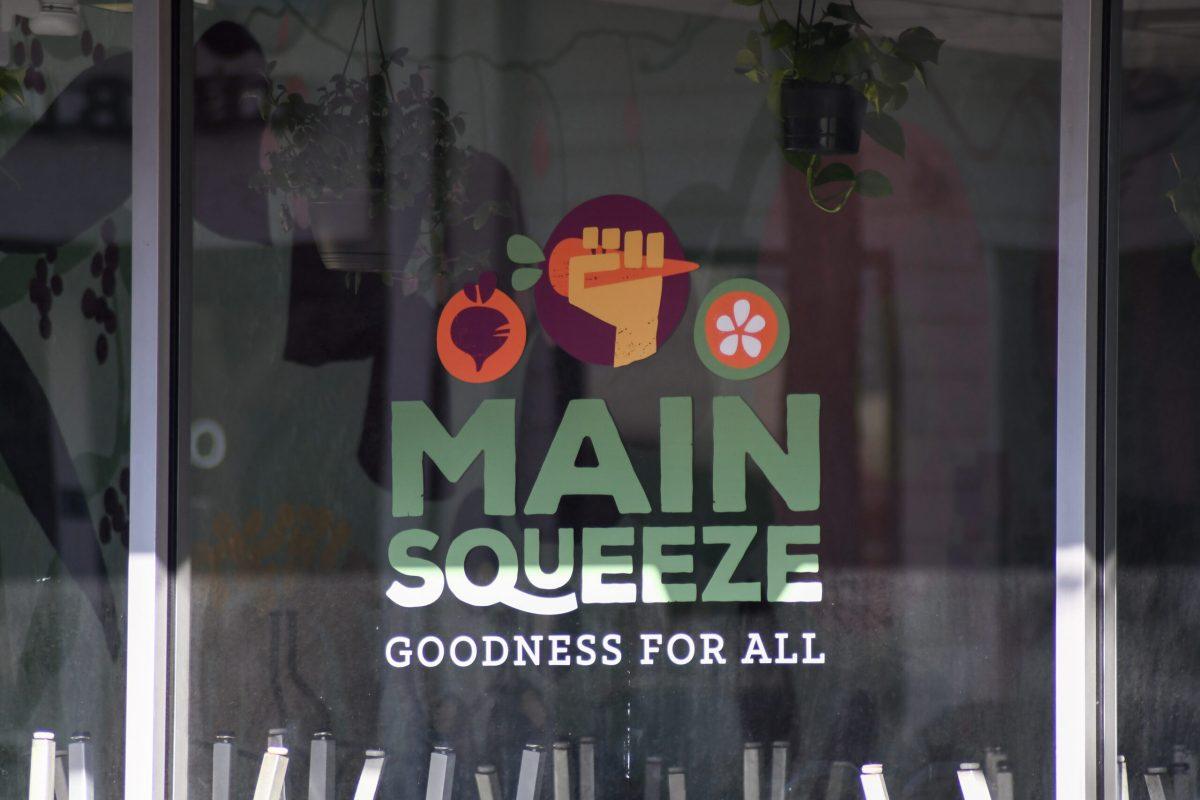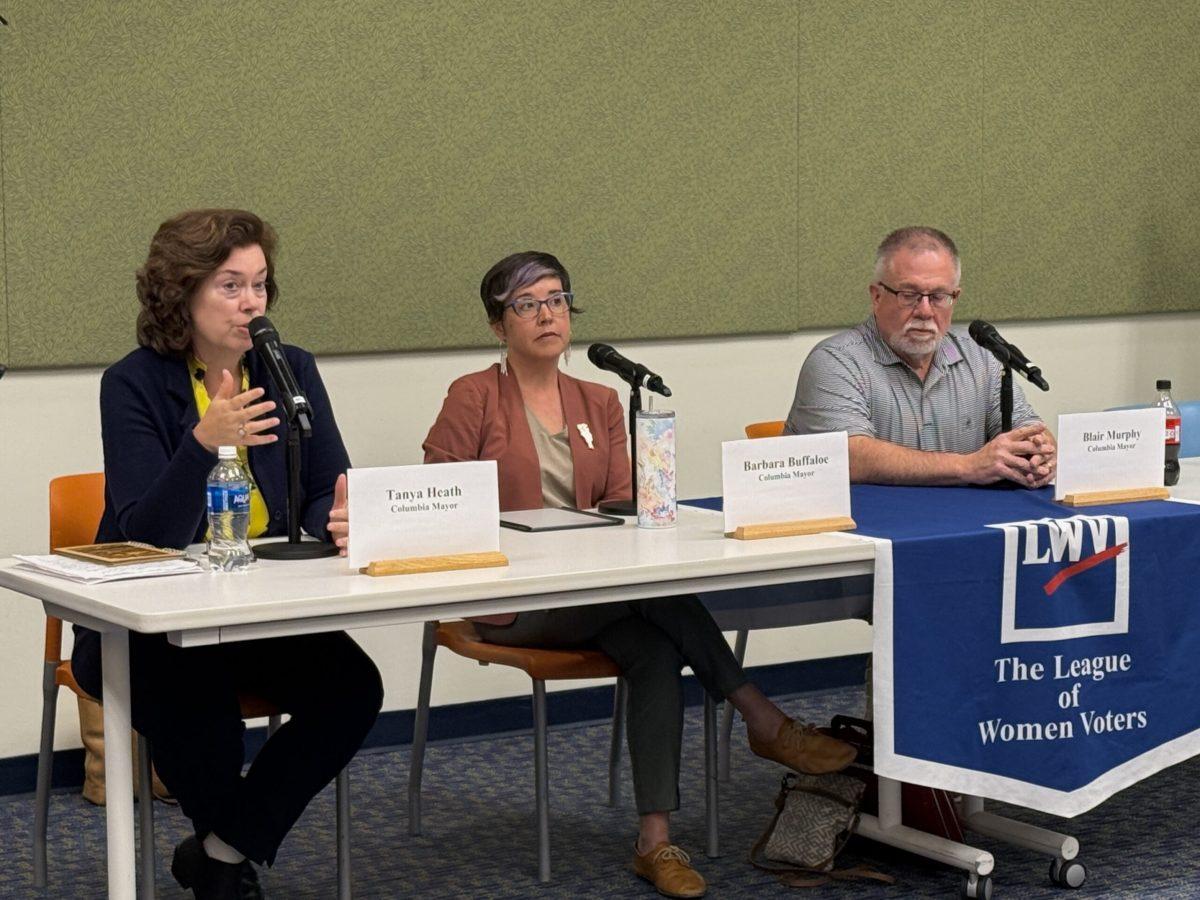The ridesharing company Uber may expand their services into Columbia. The company has yet to contact city officials about expansion and might encounter difficulties in licensing their vehicles.
Uber is a service that offers convenient rides from certified drivers, organized via a mobile application. The app, which stores credit card payment information on file, directs the nearest Uber driver to a customer requesting a ride.
Rates vary based on the length and location of the trip but are designed to be more cost-effective than a taxi ride.
The ridesharing app, launched in 2009, currently operates in over 70 cities in 45 countries, according to the company’s website.
Uber has not released an official statement verifying its intention to operate in Columbia. However, Uber’s website says opportunities to drive for the service are available.
“Uber is exploring expansion in a number of cities across the country,” Uber spokeswoman Lauren Altman said. “Residents across Missouri have been opening the Uber app and asking us to come their towns and we look forward to exploring opportunities further.”
Altman provided no further specifics as to when the company plans to expand and how it will approach the city’s taxi licensing laws.
Uber recently met resistance in St. Louis over regulations after attempting expansion earlier this year. The service might find similar problems in Columbia due to taxi licensing laws.
“Uber would have to comply with our ordinances pertaining to vehicles for hire,” said Janice Finley, Columbia Finance Department Business Service Manager.
Chapter 28 of the Columbia Code of Ordinances outlines regulations for taxi licensing within the city. It states that all taxi and limousine companies must have a business license and “all taxi drivers must apply for and obtain a chauffeurs’ license.”
“Within each city we operate, we aim to go above and beyond local requirements to ensure your comfort and security,” according to Uber’s website. Problems in St. Louis arose over licensing issues when the city required that Uber apply for a new kind of license specific to their business.
Columbia’s large student population might provide a strong market for Uber. The MSA/GPC auxiliary program STRIPES, university shuttles and the city’s public transportation system currently serve the student body.
Mamye Jordan, marketing coordinator for STRIPES, said she isn’t concerned about the student body using Uber instead of STRIPES, which provides free rides to MU students Thursday through Saturday nights.
“I don’t feel that competition because we are a safe, free ride for Mizzou students so there are no fees involved,” Jordan said.






